
Professor Amrita Dhillon
Professor of Economics
Research interests
- Economics
Biography
Amrita Dhillon is a Professor of Economics in the Department of Political Economy. She is also research group leader for Quantitative Political Economy. She graduated from SUNY Stony Brook with a PhD in 1994. Her training is in theoretical modelling including political economy, public economics, game theory and development. Her main field of research is political economy.
She has organized a number of workshops on topics ranging from sovereign debt, reputational models in economics to a recent workshop on governance which was sponsored by the Journal of Public Economic Theory.
Click here to view Dr Amrita Dhillon's Website.
Office hours
Tuesday: 12.00 - 13.00
Wednesday: 11.00 - 12.00
Book: https://amritadhillon-0.youcanbook.me
Research
Amrita's research interests span a variety of applications of political economy from voting games where she studied issues of voter turnout and strategic voting, formation of political parties, protest movements to sovereign debt and politics where she studies how leader reputation can change default outcomes in democracies vs autocracies.
Teaching
- Development Economics
- Advanced Economic Analysis
Research

Quantitative Political Economy Research Group
The Quantitative Political Economy research group gathers economists and political scientists that are committed to bridging the two disciplines. The common ground is the study politics and policies with advanced quantitative methods and formal modeling.
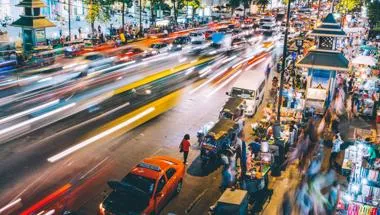
Global South Research Group
The Global South research group brings together scholars engaged in research on international political and economic trends, non-European perspectives, and south-south comparisons.

Centre for British Democracy
The Centre for British Democracy is interested in the study of government and politics in the United Kingdom from an historical, political science, political theory and constitutional perspective.
News
Workshop aims to foster international research networks
A King’s academic hosted an international workshop designed to foster academic collaboration and dialogue in political economy research.
Is there a link between political cycles and road building?
Roads – with their high visibility as signs of progress have often been used in political campaigns. But is there a link between political cycles and road...

Digital Futures Institute announces eleven new Fellows for 2025-26
Eleven interdisciplinary projects awarded Fellowships from the Digital Futures Institute for the 2025-26 cohort.

Study examines impact of social networks on productivity
Can the presence of close friends or social contacts boost productivity in the workplace?

International Women's Day: 'It's crucial to have more diversity in economics'
International Women’s Day gives us all an opportunity to celebrate women’s achievement, raise awareness against bias and take action for equality.
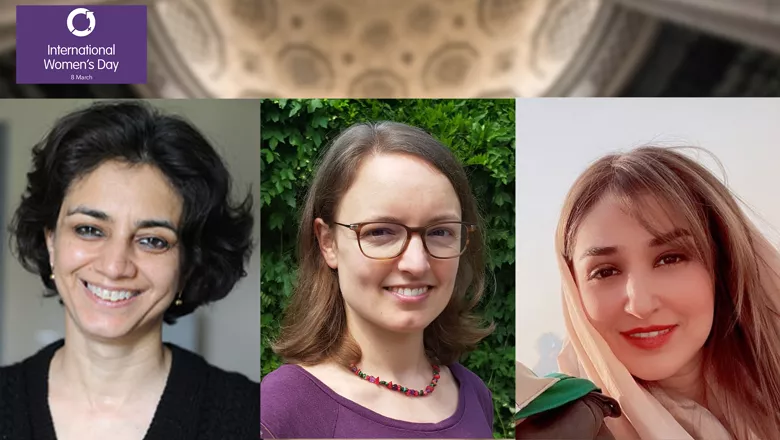
Women 'suffered greater mental stress' during COVID-19 lockdown
Women suffered from greater levels of mental stress relative to men during the early stages of the COVID-19 pandemic in India, data gathered by a team of...
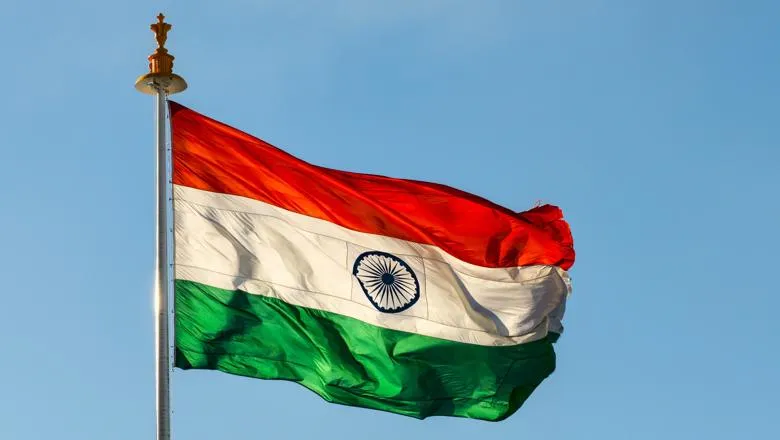
Examining the economic and social impact of COVID-19 on India
A new website from the King's India Institute presents a real-time picture of COVID-19's impact on individual states across India.
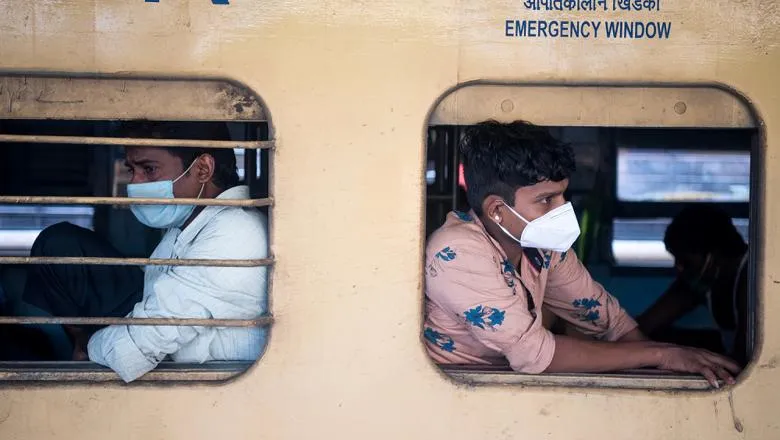
Study finds social media connections could prove key to effort in workplace
Social ties between workers in some settings could be key to the amount of effort they put in at work, a new paper has found.

Features
Mental health crisis deepened in India during COVID-19, especially for women
There's been little research into how COVID-19 impacted people in developing countries. Sanchari Roy shares the findings into how mental health in India was...
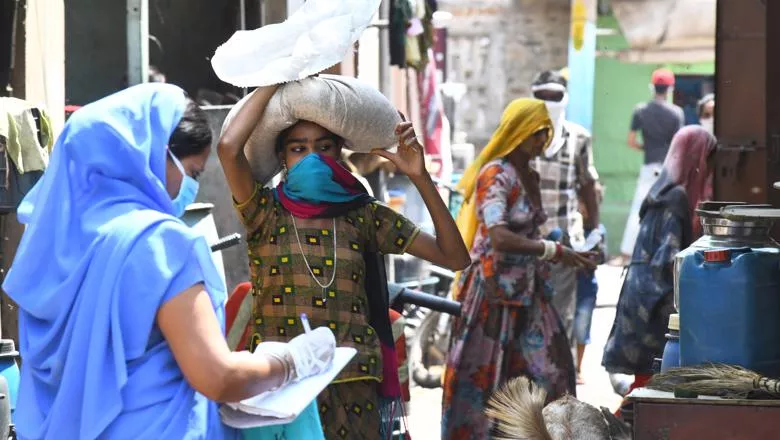
Research

Quantitative Political Economy Research Group
The Quantitative Political Economy research group gathers economists and political scientists that are committed to bridging the two disciplines. The common ground is the study politics and policies with advanced quantitative methods and formal modeling.

Global South Research Group
The Global South research group brings together scholars engaged in research on international political and economic trends, non-European perspectives, and south-south comparisons.

Centre for British Democracy
The Centre for British Democracy is interested in the study of government and politics in the United Kingdom from an historical, political science, political theory and constitutional perspective.
News
Workshop aims to foster international research networks
A King’s academic hosted an international workshop designed to foster academic collaboration and dialogue in political economy research.
Is there a link between political cycles and road building?
Roads – with their high visibility as signs of progress have often been used in political campaigns. But is there a link between political cycles and road...

Digital Futures Institute announces eleven new Fellows for 2025-26
Eleven interdisciplinary projects awarded Fellowships from the Digital Futures Institute for the 2025-26 cohort.

Study examines impact of social networks on productivity
Can the presence of close friends or social contacts boost productivity in the workplace?

International Women's Day: 'It's crucial to have more diversity in economics'
International Women’s Day gives us all an opportunity to celebrate women’s achievement, raise awareness against bias and take action for equality.

Women 'suffered greater mental stress' during COVID-19 lockdown
Women suffered from greater levels of mental stress relative to men during the early stages of the COVID-19 pandemic in India, data gathered by a team of...

Examining the economic and social impact of COVID-19 on India
A new website from the King's India Institute presents a real-time picture of COVID-19's impact on individual states across India.

Study finds social media connections could prove key to effort in workplace
Social ties between workers in some settings could be key to the amount of effort they put in at work, a new paper has found.

Features
Mental health crisis deepened in India during COVID-19, especially for women
There's been little research into how COVID-19 impacted people in developing countries. Sanchari Roy shares the findings into how mental health in India was...

